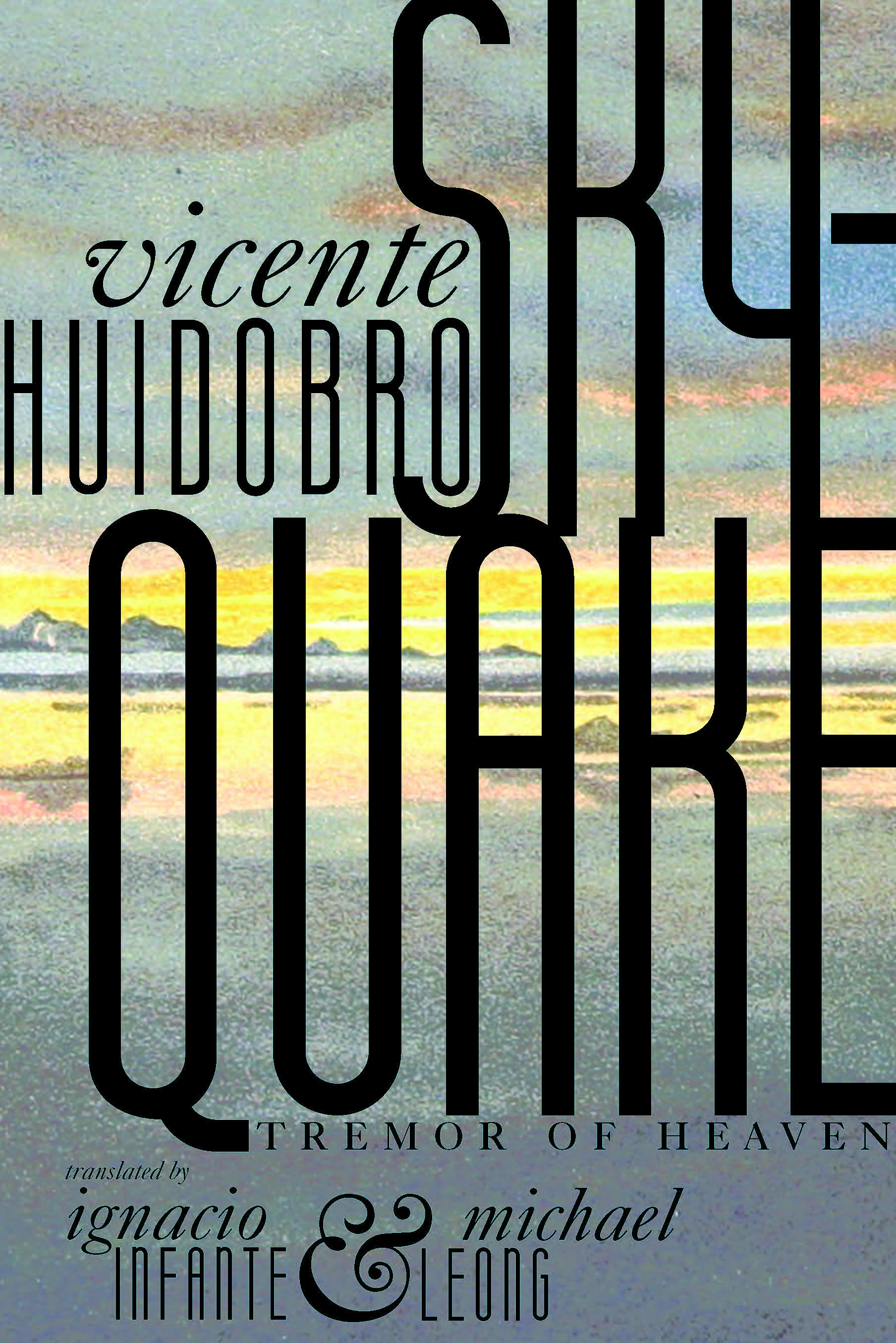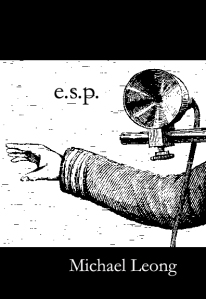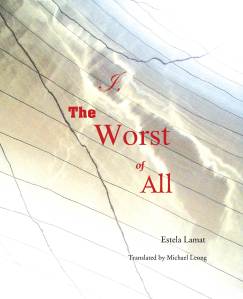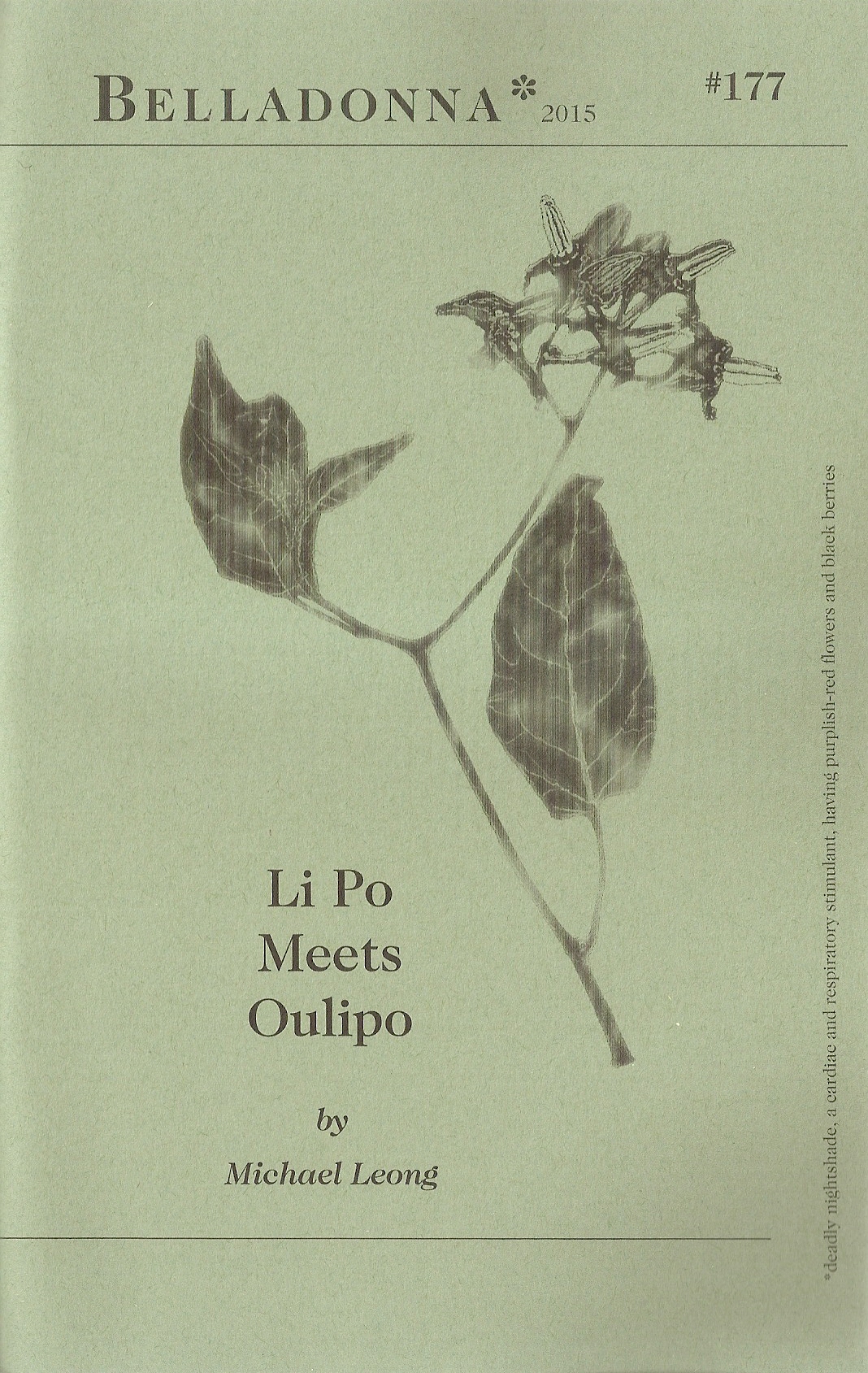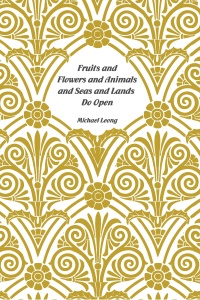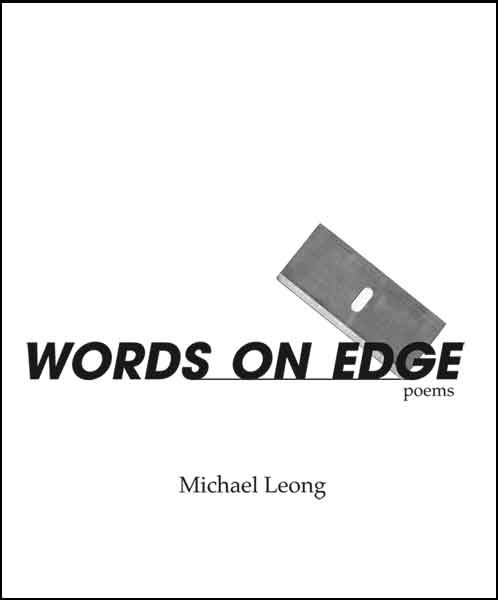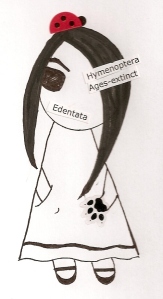Andrew Joron’s The Absolute Letter (Flood Editions, 2017)
Hyperallergic Weekend has published my review of Andrew Joron’s new book of poems. Here are the first three paragraphs:
The fact that much of contemporary American poetic practice is derived from British Romanticism should come as no surprise. We might think of, for example, William Wordsworth’s elevation of plainspoken diction — the “language really spoken by men,” as he put it in the preface to the Lyrical Ballads — or Samuel Taylor Coleridge’s dictum of “the best words in their best order.” We might also think of the longevity of what the Romanticist M.H. Abrams famously called the “greater Romantic lyric,” whose “determinate speaker in a particularized […] setting […] achieves an insight, faces up to a tragic loss, comes to a moral decision, or resolves an emotional problem.” Sound familiar?
But what would American poetry look like if it had followed not the better-known poetics of British Romanticism but the theoretical foundations of early German Romanticism? Any answer to this question would have to reckon with Andrew Joron’s dazzling new collection The Absolute Letter (Flood Editions, 2017), which integrates the polymathic thinking of Novalis into a sophisticated poetic praxis. Joron’s book opens with a preface entitled “The Argument; Or, My Novalis,” which boldly propounds that “the world itself is composed of the letters of the Absolute: anything, real or ideal, that undergoes a self-complicating — ultimately musical — form of motion becomes a sign of the processual emergence of the Infinite within the finite.”
Joron’s poetry is fundamentally “Romantic” in that it exponentializes. It is marked by, as Novalis says, “a qualitative raising to a higher power.” In his 2015 essay “Accident over N: Lines of Flight in the Philosophical Notebooks of Novalis,” which can serve as an illuminating theoretical framework for The Absolute Letter, Joron says, “To romanticize — that is, to magic or to mimic the insurgencies of the Absolute — start anywhere. Then, to realize the necessity of this freedom, exponentialize that arbitrary thought or thing toward its opposite, its other. Romantic logic is a pandemonium of paradoxical symmetries.” If this sounds like a Romantic philosophy enriched by the irreverent energies of surrealism — think of the paradoxical symmetry of René Magritte’s La Reproduction interdite — it’s because, according to Joron, “Novalis’s work in fiction and poetry never achieved the radicality of his own poetics […] It would require the poetic innovations of symbolism and surrealism to come close to fulfilling the promise of — the prevision of — the poetics of Novalis.” We might say that surrealism is Romanticism raised to a higher power, and it is this “exponentialized Romanticism” that informs Joron’s pursuit of a critical poetry, “critical” here meaning “constituting or relating to a point at which some action, property or condition passes over into another” — as reality passing over into the surreal.
Find the full review here.



